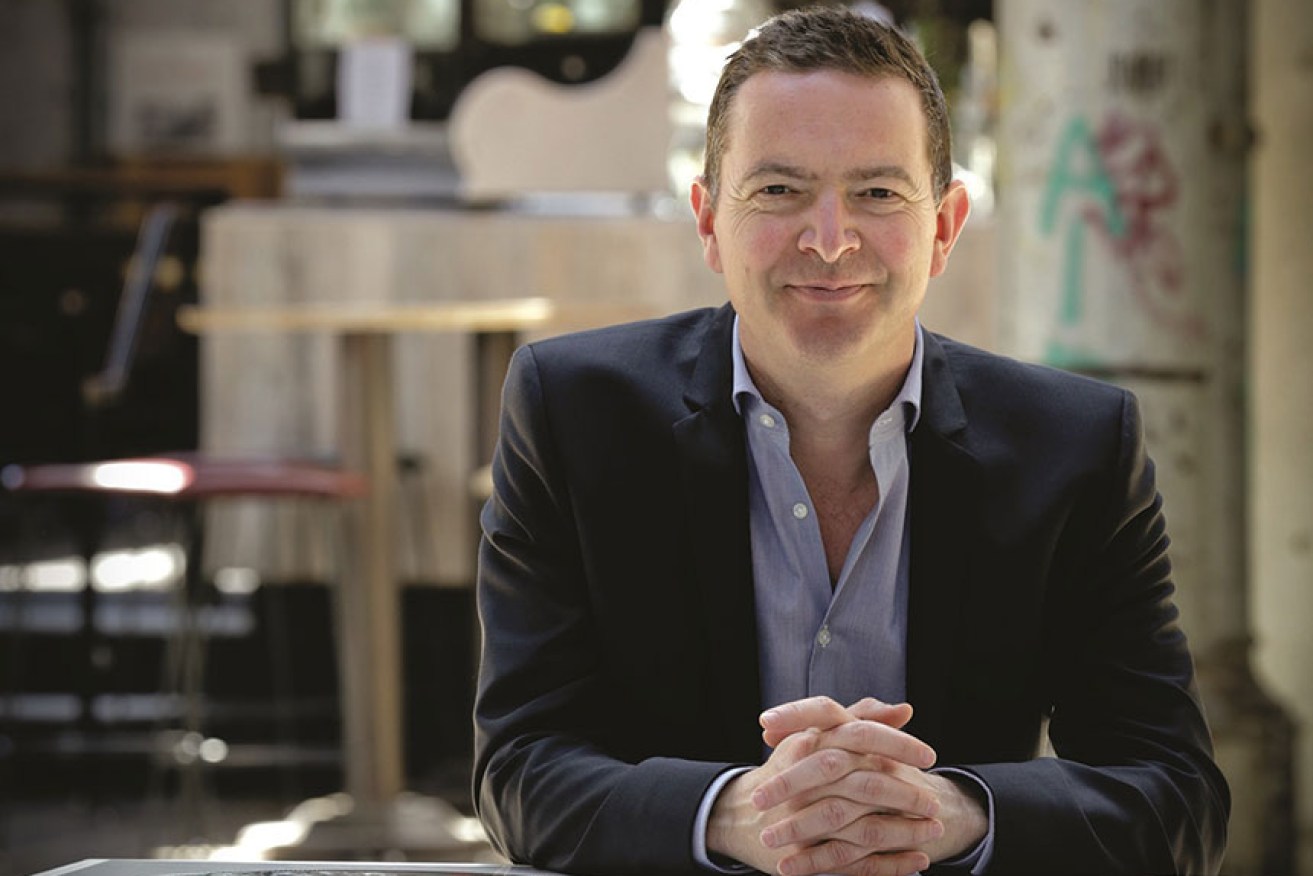Money lessons from CHOICE CEO Alan Kirkland

Supplied
Alan Kirkland has seen more than his share of dodgy products and financial practices since he was appointed chief executive of consumer advocacy group CHOICE just over a year ago.
But he doesn’t have to cast his mind back too far to remember his own dodgy financial practice, which threatened to derail his financial future.
“I bought my first property at the age of 25 and ironically that was a time when I was also running a lot of credit card debt,” he says. “So on the one hand I was doing something that was very conservative and prudent – on the other hand I was doing some of the stupid stuff that lots of young people do when they’re first exploring their financial independence.”
Australians have $48.8 billion in credit card debt – or $3,162 per card – with $34.2 billion of that accruing interest, according to the Reserve Bank of Australia. The average credit card holder is paying around $800 in interest a year (based on a 15 to 20 per cent rate), according to ASIC’s MoneySmart site.
Kirkland says many people still are unaware that there is a huge difference in credit card interest rates – up to 10 percentage points – and don’t hold the right card for their lifestyle (whether paying off their credit card balance in full each month or carrying over debt).
“If I hadn’t managed to get it under control over the course of about a year, I would have ended up in a very different financial situation for the rest of my life. That was a lesson in understanding your income and your outgoings and if there’s a gap between them in the wrong direction you can only ignore it for so long.”
But while his credit card debt was quickly consigned to the past, he still owns that same investment property today. It is an asset class which has formed the core of his investments over the years.
“I see a lot of other people who hang out into increasingly later in their adult life before they enter the property market because they’re trying to find that perfect first home to live in and that’s increasingly unrealistic for many people – they need to be open to the option of entering the property market as investors rather than homeowners.”
Kirkland says he has also recently begun diversifying into shares and boosting his superannuation with extra contributions – although not with the assistance of a financial planner.
“While I’m sure there’s some good ones out there we see far too many examples of advisers who have not given good quality advice often, because they’ve been influenced by conflicted remuneration. We were really pleased to see the Future of Financial Advice reforms that sought to deal with some of those problems, but there’s been a really strong push from the financial adviser industry to wind back some of those consumer protections and we’re worried that that might happen.”
He’s already consolidated his super to avoid paying multiple fees and is keen to avoid two common mistakes that many investors make: not correctly assessing the risk of an investment and not adequately diversifying across several asset classes.
“There are far too many examples of people losing almost their entire savings because they’ve invested in things which were probably a little too good to be true in terms of the investment returns that they were promising. The best piece of advice I can ever give to anyone considering their investments is: if it sounds too good to be true then it probably is.”
CHOICE is the public face of the not-for-profit Australian Consumers Association and aims to empower consumers through a mix of advocacy and advice.
Brendan Swift is a business journalist based in Sydney.








